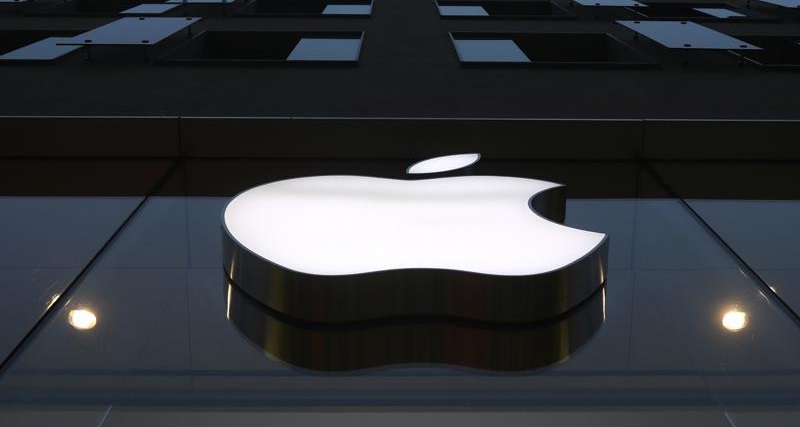

The iPhone 13 lineup, new iPad mini, and ninth-generation iPad went on sale around the world on Friday.
Beyond the improvement in features and designs, the new generation of Apple products also reflected the company’s further commitment to minimize the impact on the environment, Apple said.
iPhone 13 family uses 100 percent recycled rare earth elements in magnets, 100 percent recycled tin in the solder of the main logic board, and, for the first time, in the solder of the battery management unit.
The new models also introduce 100 percent recycled gold on the plating of the main logic board and the wire in the front camera and rear cameras.
The new iPad features 100 percent recycled aluminum in the enclosure, marking a major milestone where every single model in the iPad lineup now has a 100 percent recycled aluminum enclosure, according to Apple.
iPad also uses 100 percent recycled tin in the solder of the main logic board, and 100 percent recycled rare earth elements in the magnets in the enclosure.
Apple Watch Series 7 has more recycled content than any other Apple Watch, featuring 100 percent recycled rare earth elements in all magnets, including in the Taptic Engine; nearly 100 percent recycled tungsten throughout the product; and a 100 percent recycled case on aluminum models.
Apple’s redesigned packaging also eliminates the outer plastic wrap, avoiding 600 metric tons of plastic and bringing Apple closer to its goal of completely removing plastic from all packaging by 2025, the company said.
Apple is now carbon neutral for global corporate operations, and by 2030, plans to have net-zero climate impact across the entire business, which includes manufacturing supply chains and all product life cycles, according to the company.
“This means that every Apple device sold, from component manufacturing, assembly, transport, customer use, charging, all the way through recycling and material recovery, will be 100 percent carbon neutral,” it said.
In March this year, Apple announced that over 110 of its manufacturing partners around the world were moving to 100 percent renewable energy for their Apple production, and 15 suppliers in China have joined its program since July 2020.